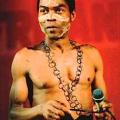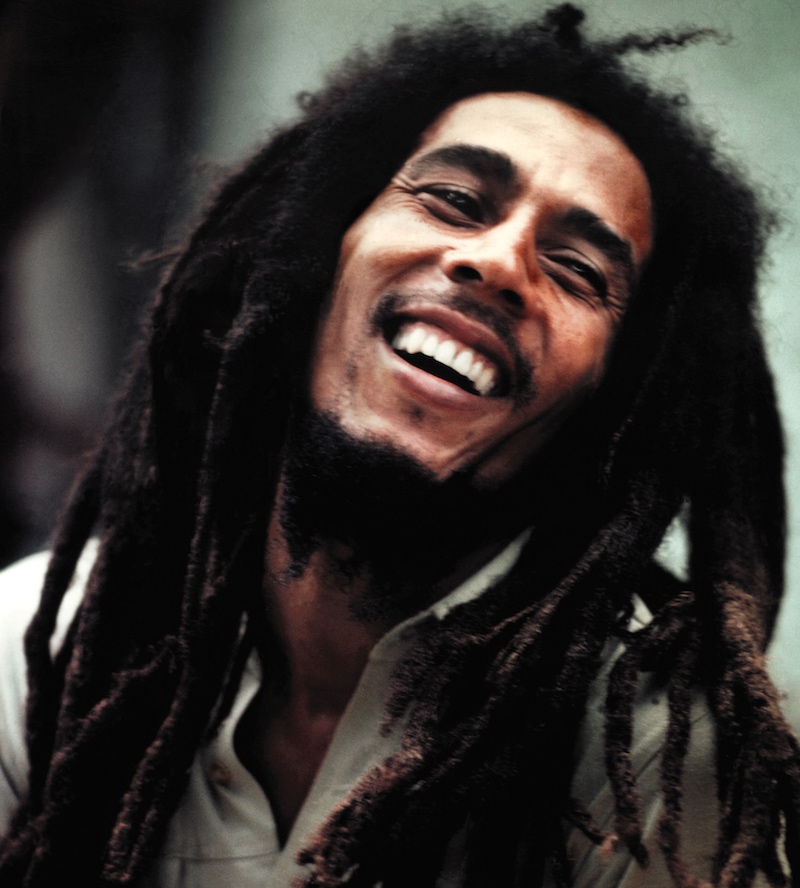120. Redemption Songs: Reggae and Rastafari
How the Rastafari movement grew from trends within Africana philosophy, and then passed into global popular culture in the music of Bob Marley and other reggae artists.
Themes:
• M.H. Chawane, “The Rastafarian Movement in South Africa: a Religion or Way of Life?” Journal for the Study of Religion 27 (2014), 214-37.
• D. Dunkley, Women and Resistance in the Early Rastafari Movement (Baton Rouge: 2021).
• E.B. Edmonds, Rastafari: from Outcasts to Culture Bearers (Oxford: 2003).
• S.A. King, Reggae, Rastafari, and the Rhetoric of Social Control (Jackson MI: 2002).
• D.V. Moskowitz, Bob Marley: a Biography (Westport CT: 2007).
• S. Singh, “Resistance, Essentialism, and Empowerment in Black Nationalist Discourse in the African Diaspora: A Comparison of the Back to Africa, Black Power, and Rastafari Movements,” Journal of African American Studies 8 (2004), 18-36.
• A.M. Waters, Race, Class, and Political Symbols: Rastafari and Reggae in Jamaican Politics (London: 2017).






Comments
Ethiopian Orthodox
Shortly after his cancer diagnosis, Marley was baptized into the Ethiopian Orthodox Church - the same church to which Selassie belonged.
Big Trees
At about 2 minutes you talk about Bob Marley singing of himself as "being a small axe, capable of chopping down the tree of racist oppression".
I had it in my mind that Small Axe had a much more specific meaning. Wikipedia agrees with me.
"In the period when the song was written, virtually all the power in the Jamaican music industry was in the hands of Coxsone Dodd, Duke Reid, and Prince Buster, who “decided to form an organization called Big Tree Records” that musicians would have to cooperate to cut down, as mentioned in the song lyrics: “If you are a big tree, then we are the small axe aiming to cut you down…”."
This doesn't mean that the track couldn't have a secondary, wider meaning. But it seems clear, that anyone in the reggae industry at the time, would've got what they were really on about when they talked about chopping down "a big tree".
Add new comment